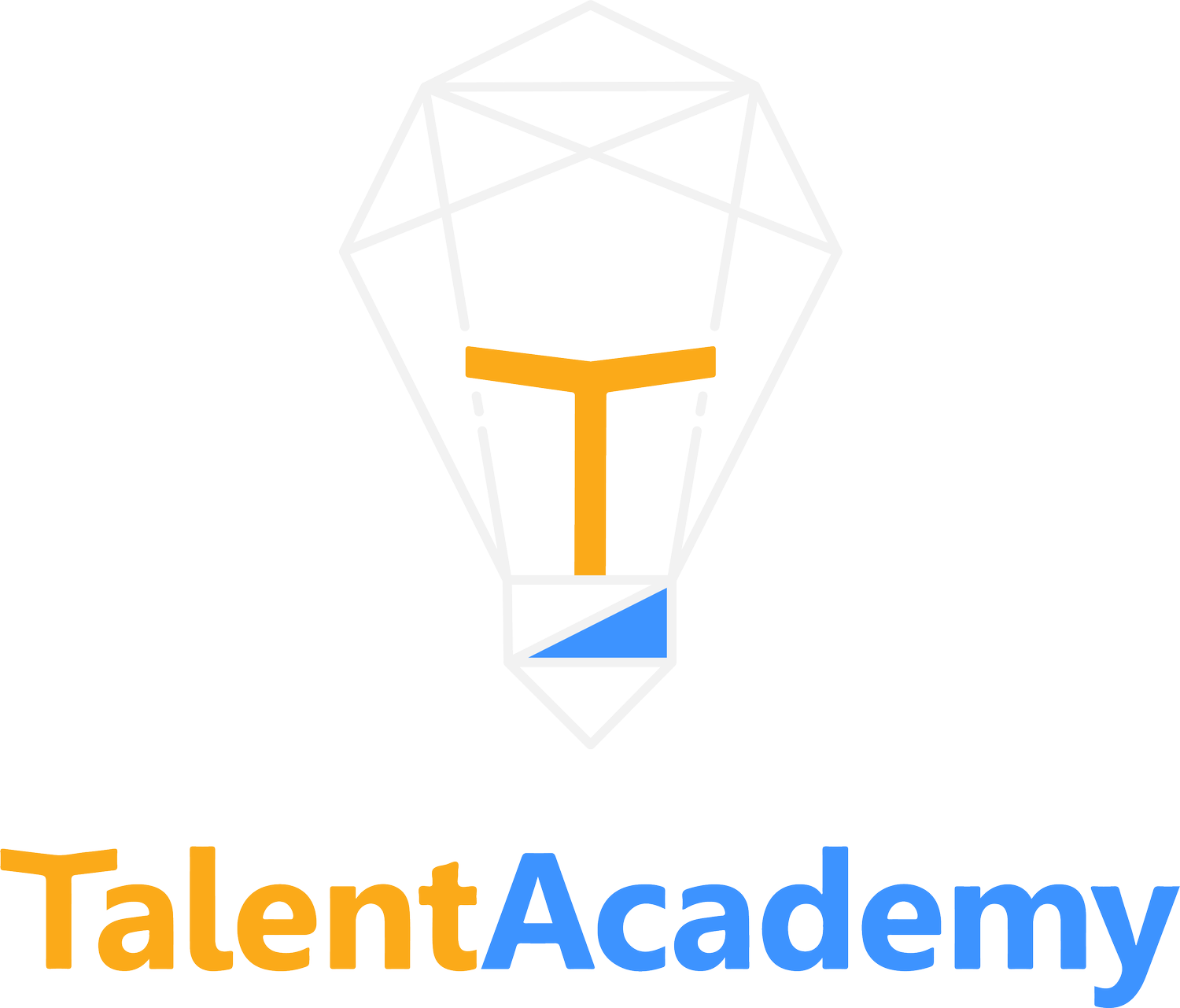Five Influential Women in Technology and IT.
Technology and IT has always been a male dominated industry. This is thought to be primarily due to STEM subjects being perceived to be male subjects at school and so computing, Maths and Science are not often encouraged as much in young girls.
At the Talent Academy, we want to change this perception and alongside CloudStratex, have launched our own Women’s networking group – Stratexspire. In honour of this, we have highlighted below five influential women in the world of Technology and IT.
Sheryl Sandberg
Sherly Sandberg is Facebook’s COO. She studied at Harvard College and gained a prize for being the top graduating student in economics. While studying, she also co-founded an organisation called “Women in Economics and Government”.
In 2001, Sheryl joined Google and was responsible for sales of Google’s online advertising and consumer products. During this time, she grew the team from 4 to 4,000 people.
In 2008, Sheryl left Google and joined Facebook as the COO. She was influential in making Facebook a profitable business using her knowledge and experience of online advertising sales. In 2012, Sheryl became the first woman on Facebook’s board of directors. Today, she sits at number 18 on Forbes’ list of The World’s 100 Most Powerful Women.
Lucy Peng
Lucy is CEO of Ant Financial Services, an organisation part of the Alibaba Group. She studied business administration at Zhejiang Gongshang University.
In 1999, she co-founded Alibaba, 1/3 of the founding partners of Alibaba were women. Lucy was responsible for creating and managing the HR department and was the chief people officer overseeing 35,000 employees for over 10 years.
In 2010, she became CEO of Alipay, the most successful payment gateway in China with over 800 million users by the end of 2014. In 2014, Lucy founded Ant Financial Services Group, the online finance arm of Alibaba Group and in 2016 the company was valued at $60 billion. As of March 20017, Lucy was one of 21 self-made female billionaires in China.
Ginni Rometty
Ginni Rometty is IBM’s CEO. She studied computer science and electrical engineering at Northwestern University in Illinois.
Ginni started her career at General Motors before moving to IBM in 1981 where she worked in client-facing technical positions. She quickly moved up to a series of management jobs and moved to working in sales. In 2002, Ginni was the general manager of IBM’s global services division and helped to negotiate the purchase of the consulting arm of PwC for $3.5 billion – the largest acquisition in professional services history.
In 2009, Ginni headed IBM’s sales force where she pushed IBM’s growth strategy, specifically into cloud computing and analytics business. In 2012, Ginni became IBM’s first female president and CEO, citing big data and analytics as IBM’s growth stream. Over the next three years, Ginna brokered partnerships with Apple, SAP and Twitter, and spent $8.5 billion acquiring about 30 companies. By 2018, half of IBM’s patients were in AI, cloud computing, cybersecurity, blockchain and quantum computing. Today, Ginni sits at number 9 on Forbes’ list of The World’s 100 Most Powerful Women.
Sarah Wilkinson
Sarah Wilkinson is CEO of NHS Digital. She studied Mathematics at Imperial College, and then gained an MBA from London Business School.
Sarah spent 23 years in Financial Services before moving to The Home Office where she was CIO. Here she was responsible for delivery of technology services for the UK Border, Visas and Immigration, Asylum, Policing and Counter-Terror. Shar’s current position is CERO of NHS Digital, an executive body of the Department of Health, which provides information, data and IT systems for health and social care nationally.
Sarah has also been names within the top ten in the TechUK 50 – Computer Weekly’s annual ranking of the Top 50 Most Influential Leaders in the UK IT Industry.
Susan Wojcicki
Susan Wojcicki is YouTube’s CEO. She studied history and literature at Harvard University, followed by a Master’s in economics from the University of California.
In 1999, Susan became Google’s first marketing manager. She worked on Google Doodles, Google Images and Google Books. In 2003, Susan helped to lead the development of AdSense which was the start of targeted advertising. She then became Google’s senior Vice President of Advertising & Commerce, overseeing all advertising and analytics products at Google.
Around this time, Susan was also responsible for Google Video, which was competing with YouTube, a small start-up with lots of potential. Susan proposed the purchase of YouTube, and subsequently handled its acquisition at $1.65 billion.
In 2014, Susan became the CEO of YouTube. Since taking this position, YouTube’s percentage of female employees has risen from 24 to 30 percent. Susan has also worked to increase the number of monetisation streams for its creators, as well as tightening the company’s policy on videos violating its policies on hate speech and violent extremism.
The above examples of influential women in IT show you that it can be done – you can accomplish great things in the world of IT, even if you have never considered this an option. If you have discounted working in the IT industry before because you don’t think it is the right place for you, THINK AGAIN! At the Talent Academy, there are opportunities for bright, young people regardless of background and prior experience as long as you have the right attitude and are willing to try new things and push yourself.


